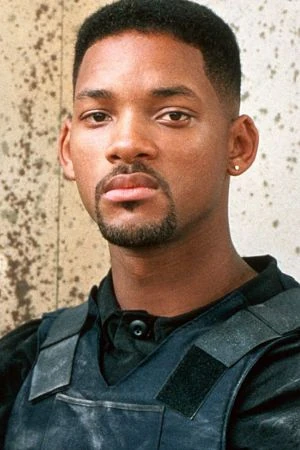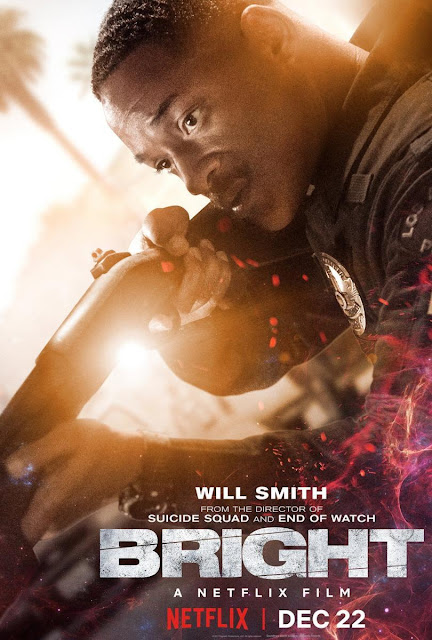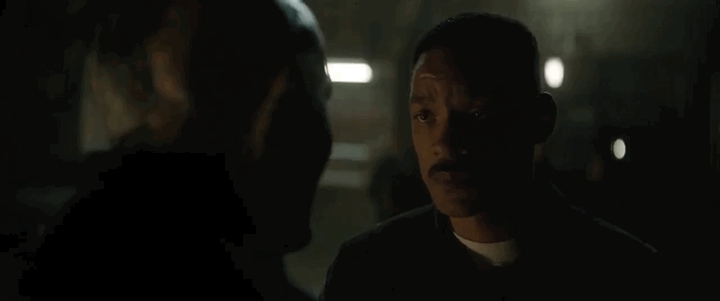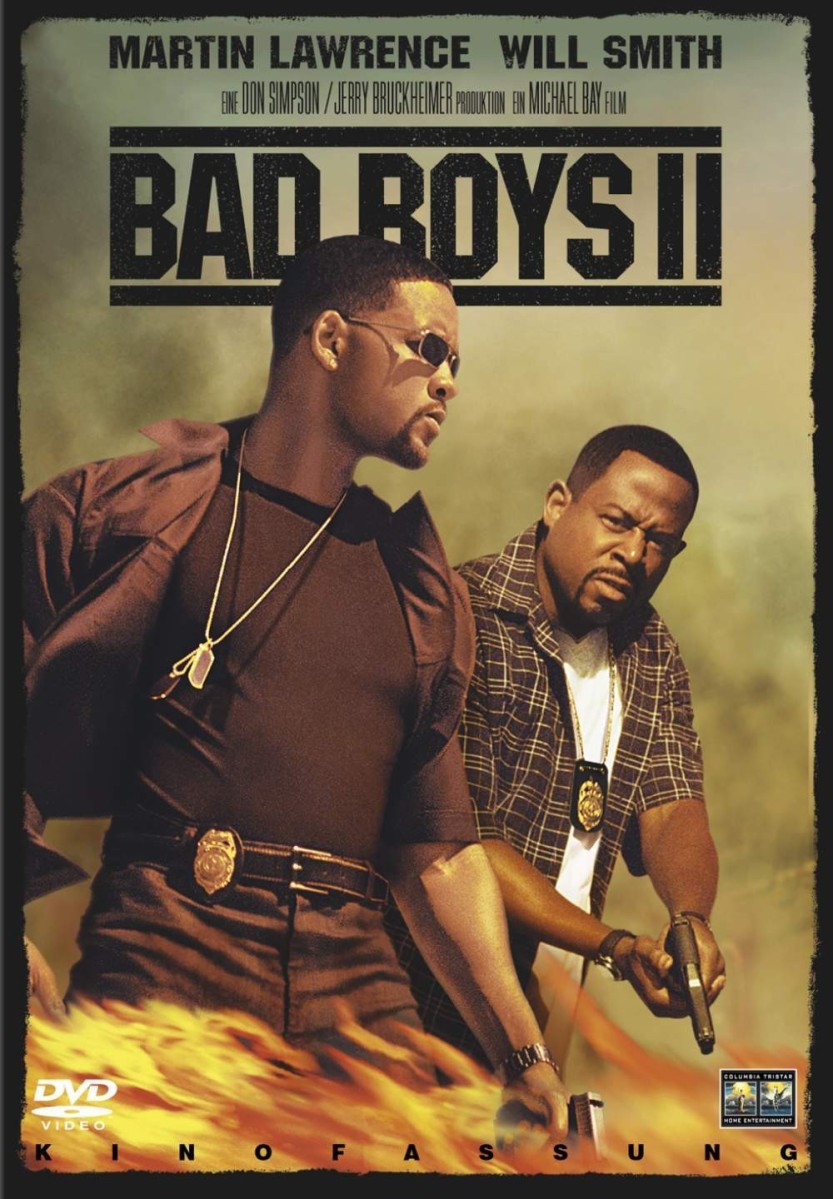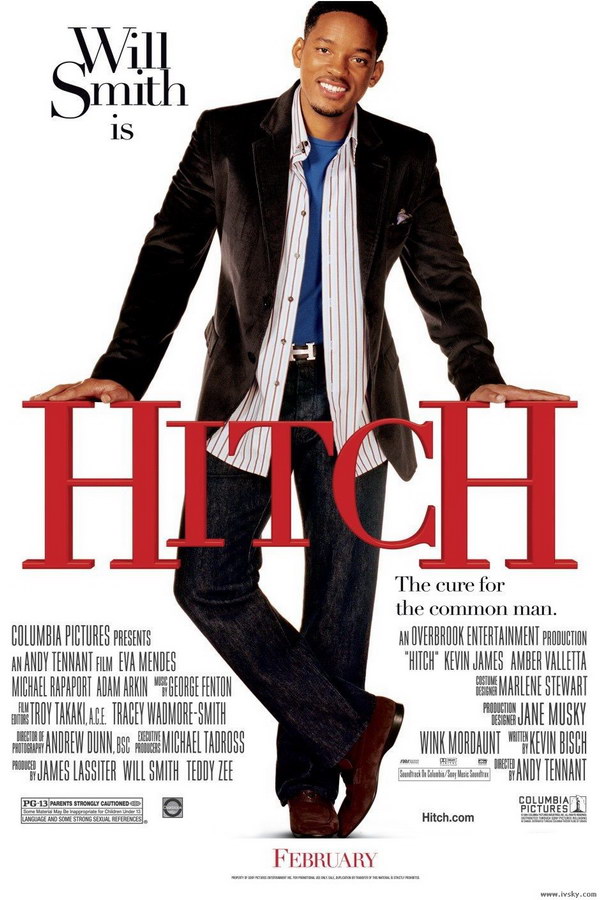by Daniel White
Director Frank Borzage, with the help of gifted set designer Harry Oliver, has created Liliom (1930), a remarkable looking film. I once posed the question, "How many truly great movies were made during the transition period from silent to sound?" With the technical difficulties so daunting, only a handful of enduring classics would emerge from 1929 - 1931. Liliom may not be a masterpiece, but Borzage and Co. have triumphed over the challenges faced by most filmmakers in that period and given us an exquisite flick that's a delight for the eyes. The film is an adaptation of the well-known play by Franz Molnar, from which the Rodgers and Hammerstein musical, Carousel, is based. It's a sentimental tale about the power of romantic love.
Charles Farrell stars as the title character, a vain, self-inflated roustabout with a penchant for pinching ladies' botttoms. Working as a barker at a carousel in an amusement park, he romances Julie (Rose Hobart), a trusting servant girl who falls head over heels in love with him. Despite the warnings of others, she adores Liliom, though he beats and fails to support her (he must be quite a lay!). It's a dated tale and Farrell and Hobart hardly generate enough friction to make it seem plausible even back then (where was Charlie's favorite gal pal, Janet Gaynor? She would have been perfect).
Burdened with stilted, intentionally stagey dialogue, the movie's saving grace is its stylized settings. Borzage and Oliver have turned artifice into an art form. The amusement park where Liliom works is a composition in surrealism, with twinkling lights and painted backdrops. The opening scene tips us off to the unrealistic splendor of the film. Julie is hard at work in the home where she is employed. Polishing glass objects, including vases and drinking cups, Borzage has surrounded her with hundreds, perhaps thousands, of the glittering vessels, turning a mundane moment into a sparkling panorama. Exaggerated, unbelievable and beautifully over done.
The audio is also admirable. Borzage has eschewed a traditional score for the most part, contrasting the natural sounds of the street, including the amusement park, with the fanciful set designs. There is also an extended train trip to the netherworld that's extraordinary. It's an eye-popping extravaganza that displays the best in special-effects for that time. Packaged and enveloped in synthetic dizziness, its a tribute to German Expressionism. The fakery that pervades Liliom is its greatest asset.
It's a shame that S N Behrman and Sonya Levien, who adapted Molnar's play, failed to match the peerless visuals and inventive sounds. But Borzage, Oliver, musical director Richard Fall and cinematographer, Chester A. Lyons, have gloriously over-extended themselves. They make Liliom a must see for film-buffs interested in cinema from Hollywood's pre-code era.
Distributed by Fox, with Estelle Taylor, H B Warner and a young Anne Shirley (billed as Dawn O'Day), Liliom is available on YouTube.







.jpg)








